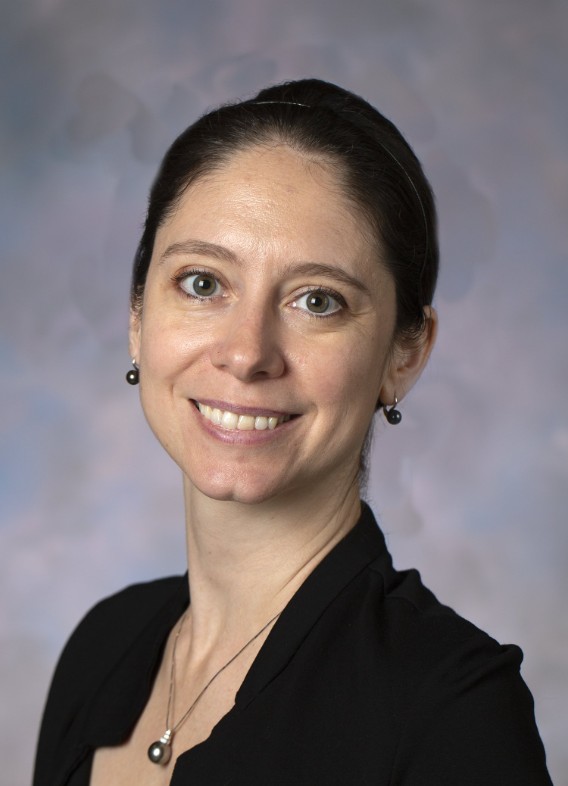Malerba Lab
At Nationwide Children’s Hospital, the Malerba Lab is focused on studying sleep rhythms in the human brain. Sleep helps us embed our memories in our understanding of the world. Specific brain oscillations found during sleep are crucial for this process, and their presence and coordination across brain regions promotes memory performance. Furthermore, non-invasive sleep interventions including targeted memory reactivation (with sound) and transcranial electrical stimulation (aiming at specific brain waves) are capable to enhance sleep oscillations and memory and motor performance. However, it is unknown how these rhythms emerge, organize or how they mediate memory consolidation.
In recent work (Sleep 2018), Paola and collaborators have introduced a data-driven EEG analysis method to classify sleep slow oscillations (SOs, a hallmark of deep sleep) depending on their topography on the electrode manifold. This work is opening the line of research of our lab: introducing a new theory of sleep-dependent consolidation in the presence of brain injury, disease or degeneration. Studying how sleep oscillations changes in these conditions can provide insights on how sleep rhythms influence memory consolidation, and at the same time open avenues for interventions aimed at ameliorating the consequences of brain injuries/disease on cognition and motor skills.
Shared Research Software
As part of her research, Dr. Malerba develops new methodologies to analyze and model sleep neurophysiology, which she shares with other research laboratories to accelerate discoveries.
- A software capable of identifying organizational properties of sleep slow oscillations in high-density sleep EEG is shared here.
The Malerba Lab (Brain Rhythms Lab) is always interested in undergraduate and graduate students looking for a research rotation. We are a strongly interdisciplinary team and have a number of experimental/analysis/modeling projects that can be used for gaining research training.
Reach out to Dr. Malerba for more information.
Lab Staff

Principal Investigator
Paola Malerba, PhD, is an applied mathematician who has dedicated her studies to neuroscientific research. Her work focuses on understanding how neural networks produce brain rhythms and what role they play in brain function. Her training is truly interdisciplinary, as she has participated in labs across STEM disciplines: Applied Mathematics, Bioengineering, Computational Neuroscience, Cognitive Science, and Neurobiology. Her interdisciplinary expertise starts from dynamical systems and includes collaborations with behavioral neuroscientists, psychologists, electrophysiologists and clinicians. She has publications in data analysis and modeling the electrophysiology of single cells, modelling of biophysical network oscillations with emphasis on the role of heterogeneity and noise, and study of spatio-temporal patterns in human EEG.

Research Assistant
Trisha Mendoza is a research assistant in the Battelle Center for Mathematical Medicine. In her current role, she serves as a data analyst, implementing various algorithms and digital signal processing techniques using MATLAB to analyze neural data.
Trisha earned her bachelor’s degree in Mechanical Engineering from the University of California, Irvine. During her undergraduate studies, she researched high frequency oscillations in epileptic patients using computational techniques. In her spare time, Trisha enjoys hiking, attending live music events and spending time with family.

Chelsea Cadle
Research Assistant
Chelsea Cadle, MS, is a research assistant in the Brain Rhythms Lab, led by Paola Malerba, PhD. Chelsea is trained in the design, implementation and execution of innovative research methodologies. She facilitates scientific exchange and cultivates strong rapport between researchers and clinicians. Chelsea obtained bachelor’s degrees in Psychology and Biology from Ohio Northern University and a master’s degree in Clinical Psychology from Ball State University.



